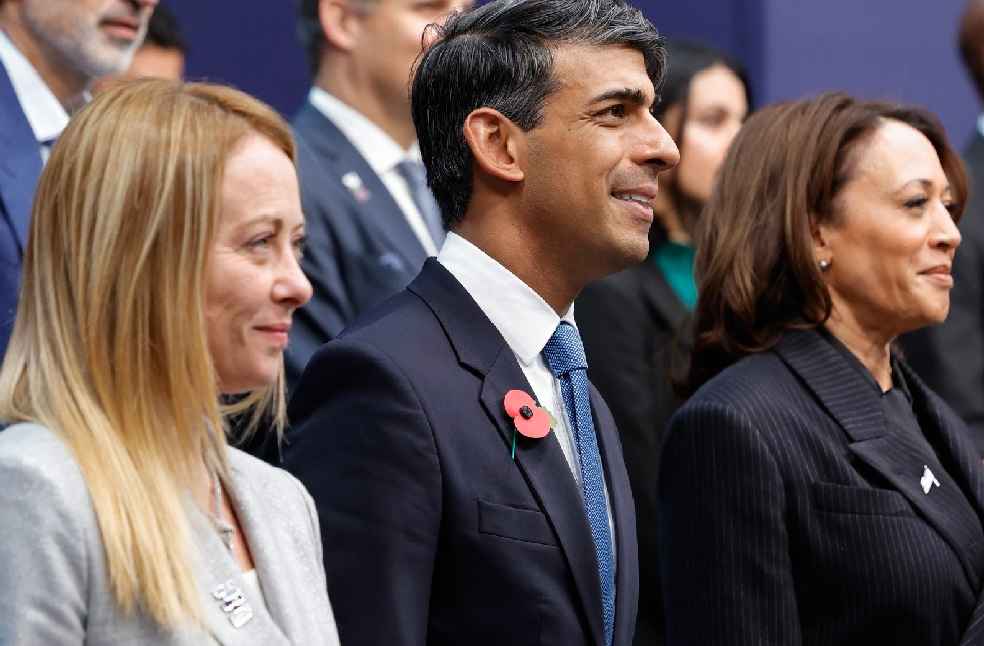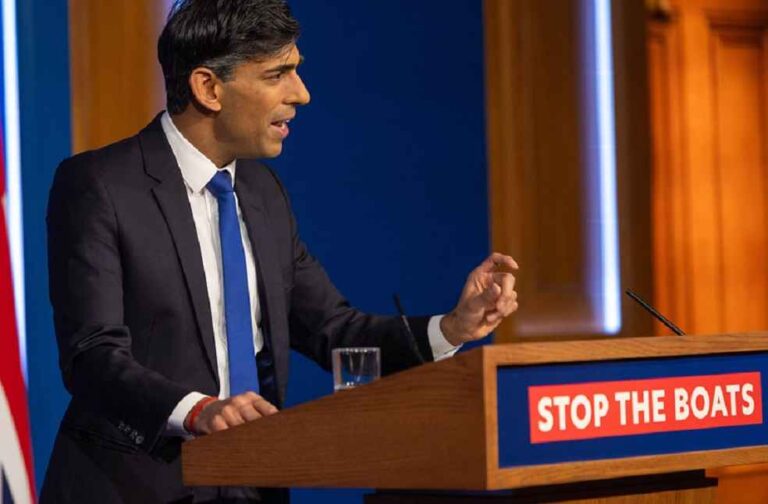London: The House of Lords, part of the UK Parliament, advised the Conservative government against ratifying a Rwanda migration agreement. This advisory vote, while largely symbolic, indicates growing opposition to the controversial proposal to send certain asylum seekers to Rwanda.
The Lords voted 214 to 171 on Monday to postpone the treaty, central to Prime Minister Rishi Sunak’s strategy to address legal obstacles to the deportation plan imposed by the UK Supreme Court. The Lords, comprising appointed members, supported a motion demanding evidence of Rwanda’s safety before ratification.
Former diplomat John Kerr, a member of the Lords, stated the Rwanda policy contradicts the UK’s international human rights obligations. He expressed concerns about international law and national reputation, deeming it inappropriate to ratify the treaty.

Although the Lords’ vote has limited practical effect since they cannot block international treaties, it could influence future legal challenges if the government disregards this opposition. The House of Commons previously passed the bill, despite opposition from 60 Conservative members seeking stricter measures.
The vote reflects strong resistance in the Lords, where Conservatives lack a majority. The Lords will start debating the bill next week, able to delay and modify but not override the Commons.
Central to Sunak’s immigration policy, the Rwanda plan aims to deter illegal crossings of the English Channel from France. Sunak argues that deporting unauthorized asylum seekers will prevent dangerous journeys and disrupt people-smuggling operations.

The UK and Rwanda agreed nearly two years ago on a deal for the transfer of Channel-crossing migrants to Rwanda, where they would remain indefinitely. The UK has paid Rwanda at least £240 million, but no transfers have occurred due to legal challenges. The UK Supreme Court ruled in November that Rwanda is not a safe country for refugees, leading to a new treaty between the UK and Rwanda to enhance migrant protections. The government claims this treaty justifies declaring Rwanda a safe destination.
If Parliament approves, the new law would enable the government to override parts of UK human rights law in Rwanda-related asylum cases, making legal challenges to deportations more difficult.
KNOWLEDGE | Does oily fish lower heart disease risk?



